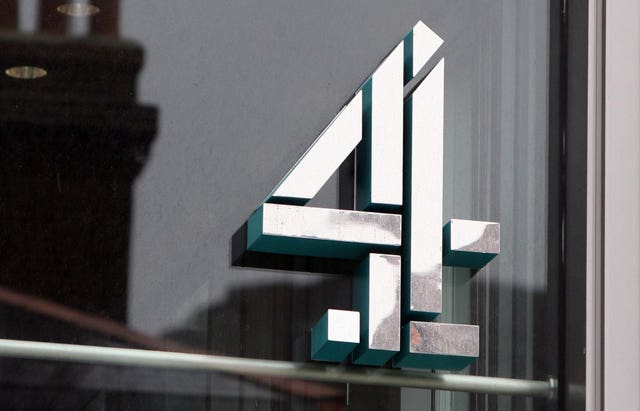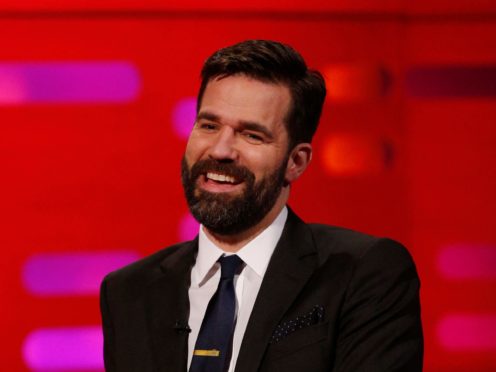Actor Rob Delaney has warned that privatising Channel 4 risks prompting an “immediate decline in quality” in its programming.
The channel, which was founded in 1982, is owned by the Government and receives its funding from advertising.
Potential investors are likely to include big American companies.
The govt is considering selling Channel 4 for a quick profit. Since its inception @ 40yrs ago, C4 has been publicly owned, i.e., by you. C4 as it exists is LEGALLY REQUIRED to make shows w small British production cos that take risks & spend £ locally.
— rob delaney (@robdelaney) July 21, 2021
Delaney claimed on Twitter that the Government wants to sell the broadcaster for a “quick profit”.
The 44-year-old Catastrophe star, who has also appeared in the Deadpool and Fast & Furious films, stressed the importance of the broadcaster’s remit of supporting small British production companies.
“Selling it would remove those requirements & see an immediate decline in quality,” he wrote.
“Network owners (who are bad ppl & not creative) want to make 2 types of shows only: bad Love Island imitations & Lego Game of Thrones Except Bad.
“This is literally what they say in shareholder meetings. They do NOT take risks. My show w Sharon Horgan, Catastrophe, was a risk. Passed on by the BBC (their prerogative; I love them) but C4 rolled the dice.

“Wound up running 4 series, winning lots of awards & being broadcast in 100+ countries, even shitty ones.
“Think of a show you’ve loved on C4; could it have been on ITV, Sky, or the BBC? The answer for many of them is no. The Paralympics????”
Delaney said Channel 4 “belongs to you and me”.
He added: “If it’s sold it’ll suck for a few years then get sold for scrap after they ruin it and it tanks. Make some noise if you care. Thanks!”
It comes after the chairman of Channel 4 warned the Government against going down the “high-risk and damaging path” of privatising the broadcaster.
In a letter to Culture Secretary Oliver Dowden, seen by the PA news agency, Charles Gurassa said the Government risks “sleepwalking into the irreversible and risky sale of an important, successful and much-loved British institution”.
The Department for Digital, Culture, Media and Sport (DCMS) has said the decision to review Channel 4’s ownership structure was taken because the changing media landscape poses a serious threat to traditional linear broadcasters.
The DCMS has been contacted for comment.
